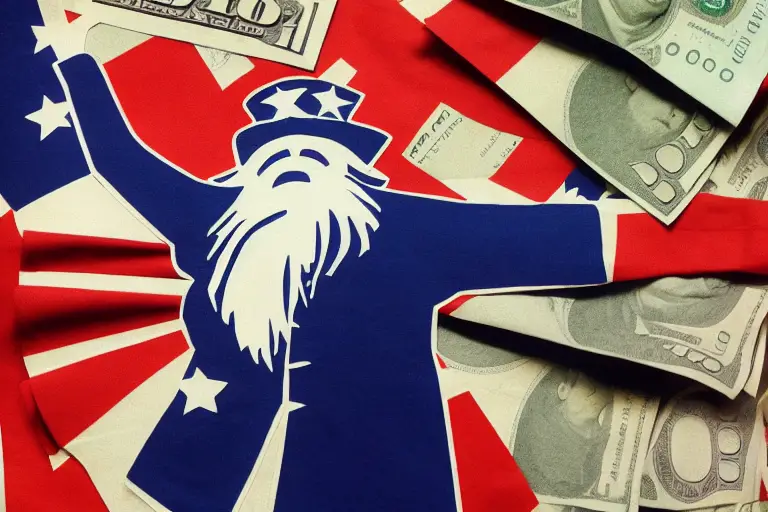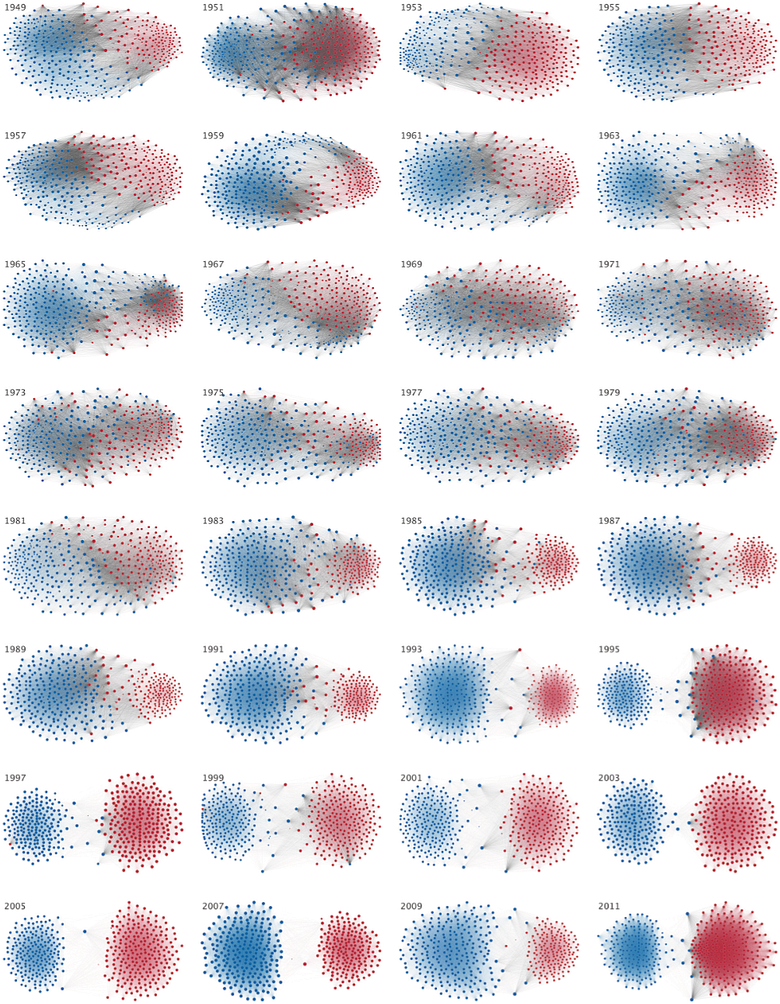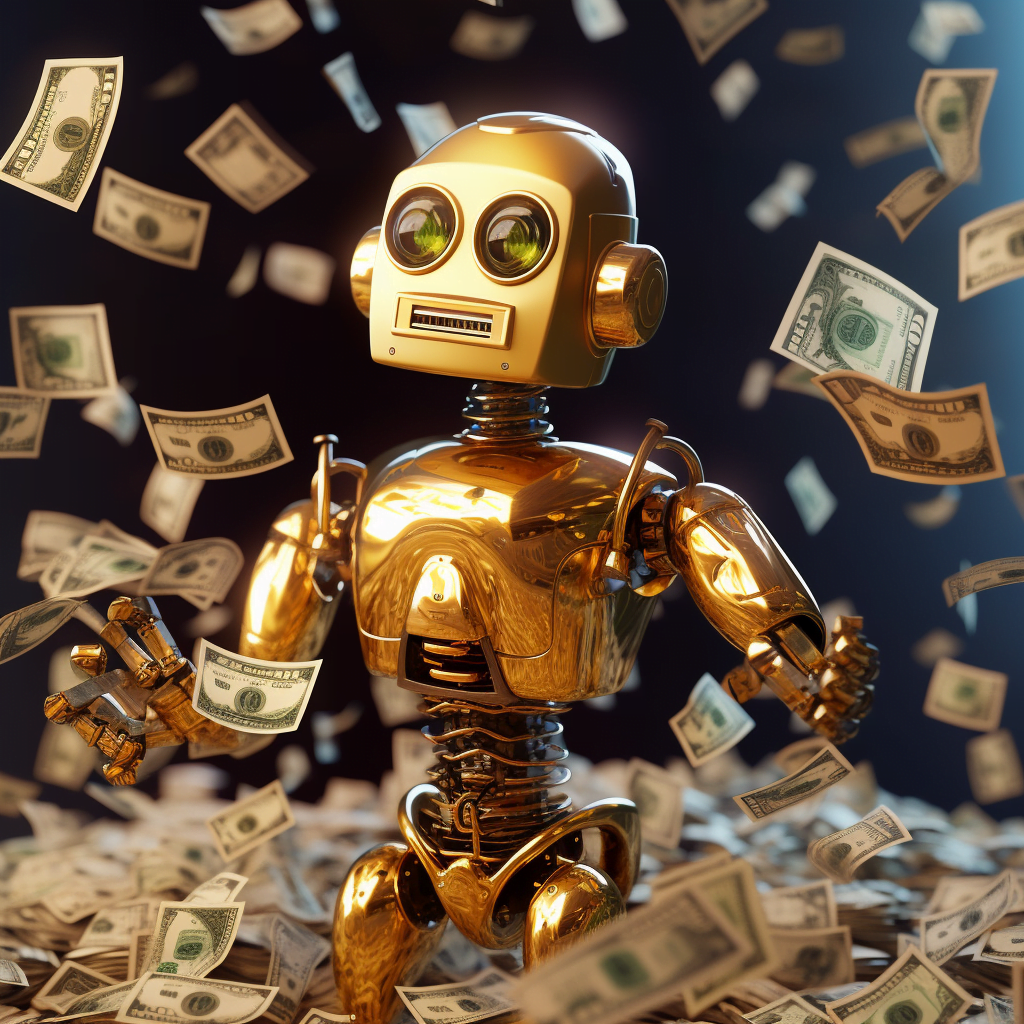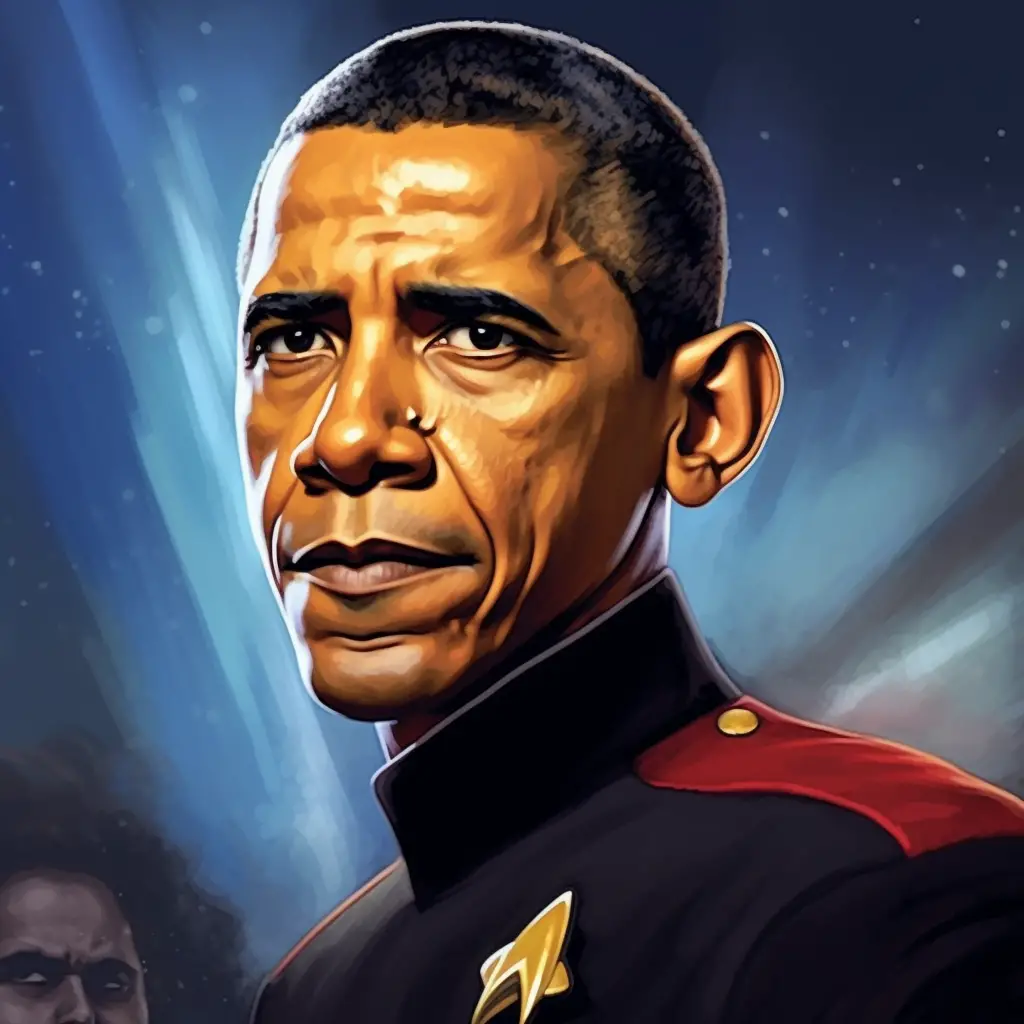
You may think it’s obvious that money influences elections. You’re definitely right, but perhaps for different reasons than you think.
Ever since Citizens United was decided a little over a decade ago, the U.S. political landscape has drastically transformed. By far the biggest change is the sheer amount of money being pumped into each election cycle.
Whether the election is at the federal level, the state level, or your grandma’s local bingo club, you can be sure there is a super Political Action Committee (super PAC) waiting behind the scenes to throw money at their preferred candidate.
Citizens United (Against Democracy)
If you don’t know what the Citizens United case was, here’s a quick summary.
After a lot of lobbying by Mitch McConnell and a lawsuit filed by a conservative non-profit called Citizens United, the Supreme Court decided to eliminate all caps on independent political donations from corporations and unions.
The decision had only two minor caveats:
- The money could not go directly to the candidate themselves.
- The super PACs could not coordinate with campaigns.
Because those two rules, it was argued, ensured there would be no risk of corruption.
Which, if you’re an actual human being capable of thought, you know is more ridiculous than Mitch’s wife being put in charge of regulating the international shipping industry in the US.
(Hint: Her father is a CCP-supporting foreign national who owns a multi-billion dollar shipping company.)
The ruling essentially says that artificial entities like corporations have a legal right to free speech — and therefore can contribute as much as they want.
Yikes.
And if case you’re wondering why Mitch McConnell was so supportive of this motion, well, why don’t we let him speak for himself:
“The three things you need to succeed in politics and to build a political party: money, money, money.” — Mitch McConnell
The Results of the Ruling
Then we have super-inflated PACs. These entities could now collect unlimited funds from just about anyone who wanted to bribe, err, donate to a politician.
As you can probably predict, this led to a massive increase in the amount of fundraising and spending in the time since.
All praise the almighty dollar — especially those handed out by lobbyists.
Remember that little rule about ‘no coordination’ that was put in place to totally, 100%, absolutely, surely prevent any kind of corruption?
Yea, it has been repeatedly violated with no consequences.
And here’s another delightful feature of that pesky democracy destroying ruling:
Not to super PACs though.
In that case, you have to go to something called a “politically active non-profit” if you want to donate without giving your name/company/religion/spy agency.
What happens when you allow anonymous donations with unlimited spending caps? A legal paradox.
It is illegal to accept funds from foreign nationals and entities, and yet this ruling allows just that. Both by anonymous donations to non-profits as by owners of businesses that don’t have to legally be known.
Contributions to these non-profits is where you may have heard the term ‘dark money’ before.
Anonymous yet influential. Absent yet present. Democratic yet oligarchic.
Money is King…Again
Long story short — money is ruling politics now more than ever and determines who runs our country, our states, and our bingo halls.
Just look at the 2008 presidential election cycle (the last one before Citizens United). Total spending by outside groups in the US was about $578.4 million.
That’s nothing to sneeze at.
But fast forward just 12 years to the 2020 election cycle and that same number has risen up to a whopping $3.31 billion. A 470% increase in just a decade is not normal.
Throw in all the federal election spending together and you have this beauty of a chart.
14 billion dollars spent to get you to vote for one of two candidates at each level who are supposed to hold the same positions on at least 150 different major issues.
14 billion dollars spent to convince you that half your countrymates are the enemy within.
14 billion that won the election for whichever candidate spent more.
Right? Maybe not.
Money’s Actual Influence on Politics in the U.S.
Political research has long found a strong correlation between money spent and winning elections. But that key word there — correlation — is often the difference between one of your neighbors being a classic Dunning-Kruger and the other being a Ph.D. candidate.
Most of us think more money = better odds in an election.
That’s what we discuss at the local pub. It’s what the media flashes when discussing a candidate’s chances. It’s what makes Tucker Carlson’s bowtie spin like a helicopter accelerated by the sheer power of lies.
But maybe it’s not.
There is at least one prominent economist who agrees with the premise. Steven Levitt — of Freakonomics fame — studied the effects of campaign spending on congressional elections back in 1994.
Although a bit dated, his premise and data still tell a compelling story.
Dr. Levitt postulated that money actually has very little impact on elections with all things being equal. It is well known that spending by a “challenger” often has a much greater impact on winning elections than spending by an incumbent politician.
This study by Dr. Alan Gerber claims that incumbents have to spend almost 7 times as much money to win a single new vote as a challenger does.
Basically, studies that go beyond the basic correlation tell a different story.
Challengers for Congressional and Senate positions show up every election cycle. Most of them lose.
From 1964 to 2018, 85% to 98% of House incumbents won their races in every election. In Senate elections, the average was slightly lower, except for big swing years like the so-called Reagan Revolution.
Once you’re in power, you stay in power.
Winners and Losers
There are several reasons why this happens, and none of them are particularly good for democracy.
Established incumbents often have several advantages:
- Huge financial war chests that have accumulated over time
- Widespread name recognition in their districts
- Completely known and understood values and positions
On the flip side of the coin, challengers often have to make their name, get their beliefs known, raise a huge amount of money to even be accepted by political institutions before the race, as well as develop a winnable policy strategy.
On top of that, they face their opponent with all of their practically insurmountable barriers.
Think of all the actors who became politicians in the past.
Before they won an election, were you really aware of their political stance on any position? We’ve heard about Dwayne ‘The Rock’ Johnson and Matthew McConaughey in the news lately purely because they might be running for elected office.
I bet you have no idea if they are Democrats, Republicans, or lizard people at this point. All the news talks about is if they are going to run. They are testing the waters to see the potential for supporters.
Can The Rock be taken seriously as Dwayne Johnson, the candidate?
Can Matthew raise a giant chunk of money if he actually runs?
Can any of them beat their respective incumbents on name recognition alone?
Vote for McConaughey and you’ll feel alright, alright, alright!
Who’s a Loser?
What I’m taking forever to summarize here is this — money in politics is not at all effective without the right candidate behind it.
It was Dr. Levitt’s position that most previous studies ignored the ‘candidate factor’, so he controlled for it in his study.
Money alone does not win elections.
For example, the Daily Kos found that most self-funded candidates lose their races because people generally don’t like billionaires — when they show their face directly.
Think Steve Forbes, Meg Whitman, or Rick Perry and some of their semi-self-funded, ridiculously expensive failed races.
Or take the winner of all the self-funded Richie Rich democratic experiments — Michael Bloomberg — who spent more than $1 billion of his own money on the 2020 election. And didn’t come close to winning the candidacy.
They all spent an astonishing amount of money on their challenger campaigns — and still lost.
They didn’t have the magic combination of being the right candidate AND having access to millions in funds.
Plus, they all kind of look like douches. Albeit rich ones in fancy suits.
The System is Phenomonally Broken
If money doesn’t really matter in elections, or at least only helps a select few each cycle, then why is it rising at such an astronomical rate?
Well, it’s probably at least partially the result of a zero-sum system. Having only two candidates cover an extremely large number of positions — depending on the race — is one reason.
People can’t possibly agree with every single one of hundreds of positions.
- I may be for universal healthcare, but not a big fan of universal basic income.
- You may be pro-life, but hate the idea of helping the same baby live a better life in any shape or form after it’s born.
- Donald Trump may be pro-golden-toilet, but Scrooge McDuck only uses platinum ones to shit on democracy.
The bottom line is when you have thousands of voting positions whittled down to just two choices of candidates, you get a division of voting over time that looks incredibly messed up, like this:
The Future is Golden
With the introduction of massive additional funding from landmark cases like Citizens United, SpeechNow, and McCutcheon, spending will only continue to rise.
And if it continues at the current rate of increase, $14 billion will look like chump change in just a few years.
That’s a lot of money in politics — especially when it can’t really affect much change.
But hey, at least it allows dozens of new startup organizations to jump on the attention/divisiveness gold rush of the modern ‘news’ industry.
Think of OAN, InfoWars, or the Palmer Report. Even though you’d probably rather not.
Is it also any wonder why utterly ridiculous conspiracy theories like QAnon, Pizzagate, and Lauren Boebert’s humanity are so prevalent these days?
When a sitting elected official makes Sarah Palin look like a Rhodes Scholar, something might be wrong with the system.
I suppose there is a silver lining among all this dark money though.
For every billionaire who loses an election after spending hundreds of millions, there are sure to be a dozen more who use their billions to win over practically every other competing candidate.
Did I say silver lining? Oops. I must have meant a golden toilet.
Or at least platinum.
Either way, we’re all getting shit on by rich assholes.
Want more fun stories? Join Pryor Thoughts for free today!






